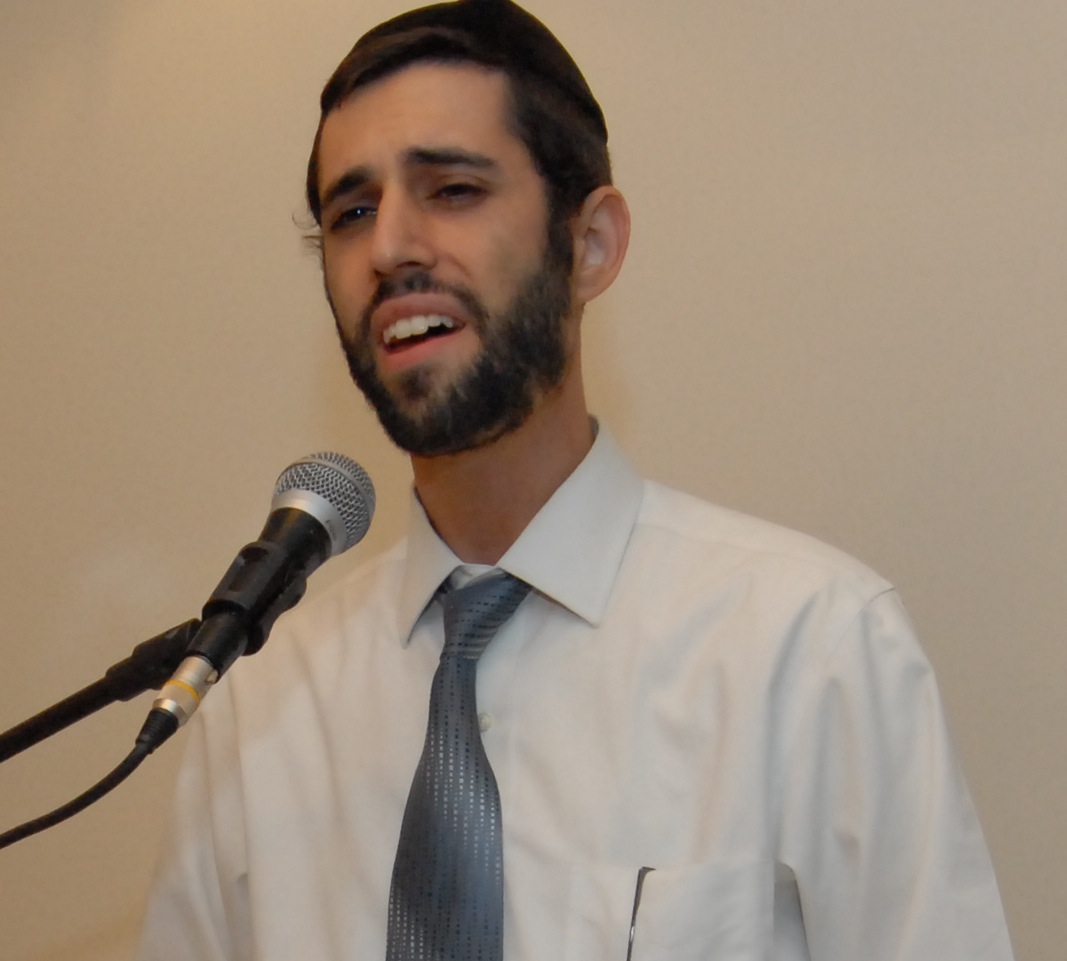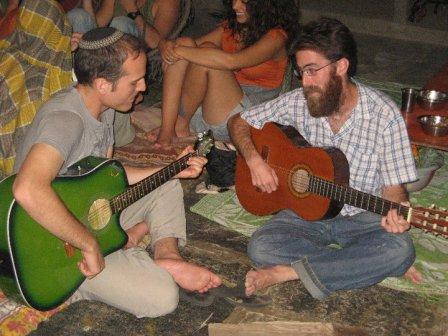I never knew music could be so controversial.
Sure, I know that some music can be pretty controversial – the language and content of some of what’s out there is truly revolting – but that all music could be controversial? What’s wrong with listening to a little Beethovan? Or what about listening to Avraham Fried? Surely these things couldn’t be bad?
Well, during the 9 days leading up to Tisha B’Av, the Jewish national day of mourning, and for some people during the three weeks leading up to it, we’re not supposed to listen to music. What constitutes “music” is a pretty hot debate, it seems. Some people don’t listen to any music, some will only listen to a capella, and some will listen to anything as long as it’s not live. Some avoid it for 3 weeks, some for 9 days, and some only from the Sunday before Tisha B’Av on. There are so many minhagim out there!
And apparently the mere thought that we shouldn’t listen to music is really offensive to some people. A basic search on Google reveals dozens of people ranting, complaining, or just plain kvetching about the restriction against listening to music. Most people seem to be searching for excuses and reasons why this minhag just shouldn’t apply to them. What is going on?
My take on it is that it’s not the listening to music itself that is inherently forbidden during this time, it is the attitude of mourning we’re trying to achieve. The 3 weeks, the 9 days, and Tisha B’Av are like a stepladder of mourning, ramping it up as we proceed through the days until we reach the ultimate mourning frame of mind. But it seems like many of us have a special craving for music that we can’t control (and for some people their appetite for meat during the 9 days is just as strong). The rabbis probably knew and understood this and that’s why they instituted these restrictions. They knew it would be difficult for us to get into a frame of mind of mourning the destruction of the Temple because we don’t even know what we’re missing. The best they could do would be to institute some restrictions on our pleasures (music, eating, bathing) so that we could start to get a bit uncomfortable. The truth is, we should be uncomfortable every moment of every day just because we (yes, even those of us living in the land of Israel) don’t have the Temple anymore.
So, like it or not, we should probably all try to give up music. Not necessarily because the rabbis say to do it, but even more because we don’t want to do it. Because if we get into the feeling of discomfort and mourning, maybe we will work harder to improve our relations with our fellow Jews and maybe, just maybe, we’ll merit to bring Moshiach.
Read More







